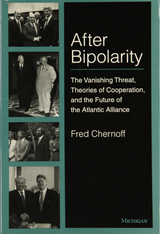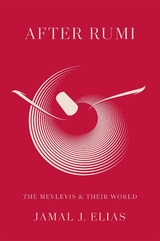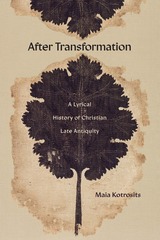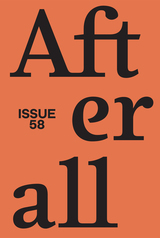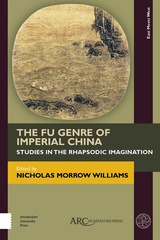

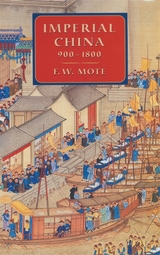
This is a history of China for the 900-year time span of the late imperial period. A senior scholar of this epoch, F. W. Mote highlights the personal characteristics of the rulers and dynasties and probes the cultural theme of Chinese adaptations to recurrent alien rule. No other work provides a similar synthesis: generational events, personalities, and the spirit of the age combine to yield a comprehensive history of the civilization, not isolated but shaped by its relation to outsiders.
This vast panorama of the civilization of the largest society in human history reveals much about Chinese high and low culture, and the influential role of Confucian philosophical and social ideals. Throughout the Liao Empire, the world of the Song, the Mongol rule, and the early Qing through the Kangxi and Qianlong reigns, culture, ideas, and personalities are richly woven into the fabric of the political order and institutions. This is a monumental work that will stand among the classic accounts of the nature and vibrancy of Chinese civilization before the modern period.


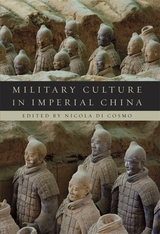
This volume explores the relationship between culture and the military in Chinese society from early China to the Qing empire, with contributions by eminent scholars aiming to reexamine the relationship between military matters and law, government, historiography, art, philosophy, literature, and politics.
The book critically investigates the perception that, due to the influence of Confucianism, Chinese culture has systematically devalued military matters. There was nothing inherently pacifist about the Chinese governments’ views of war, and pragmatic approaches—even aggressive and expansionist projects—often prevailed.
Though it has changed in form, a military elite has existed in China from the beginning of its history, and military service included a large proportion of the population at any given time. Popular literature praised the martial ethos of fighting men. Civil officials attended constantly to military matters on the administrative and financial ends. The seven military classics produced in antiquity continued to be read even into the modern period.
These original essays explore the ways in which intellectual, civilian, and literary elements helped shape the nature of military institutions, theory, and the culture of war. This important contribution bridges two literatures, military and cultural, that seldom appear together in the study of China, and deepens our understanding of war and society in Chinese history.
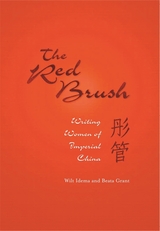
One of the most exciting recent developments in the study of Chinese literature has been the rediscovery of an extremely rich and diverse tradition of women's writing of the imperial period (221 BCE-1911 CE). Many of these writings are of considerable literary quality. Others provide us with moving insights into the lives and feelings of a surprisingly diverse group of women living in Confucian China, a society that perhaps more than any other is known for its patriarchal tradition.
Because of the burgeoning interest in the study of both premodern and modern women in China, several scholarly books, articles, and even anthologies of women's poetry have been published in the last two decades. This anthology differs from previous works by offering a glimpse of women's writings not only in poetry but in other genres as well, including essays and letters, drama, religious writing, and narrative fiction.
The authors have presented the selections within their respective biographical and historical contexts. This comprehensive approach helps to clarify traditional Chinese ideas on the nature and function of literature as well as on the role of the woman writer.
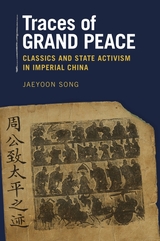
READERS
Browse our collection.
PUBLISHERS
See BiblioVault's publisher services.
STUDENT SERVICES
Files for college accessibility offices.
UChicago Accessibility Resources
home | accessibility | search | about | contact us
BiblioVault ® 2001 - 2025
The University of Chicago Press


